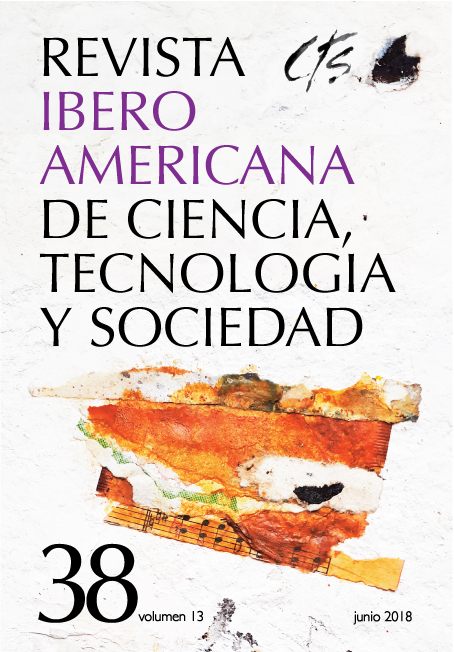From Pluralism in the Philosophy of Science to the Multicultural Knowledge Society
Keywords:
social philosophy of science, pluralism, rationalism, realism, relativism, multiculturalism, societies of knowledgesAbstract
This work analyses León Olivé’s philosophy throughout the different stages that developed during forty years. Each philosophical moment favors certain problems and perspectives of study. The transition from moment to moment is a response to his discussions with Ibero-American colleagues and his constant self-criticism. At least five moments can be identified in León Olivé’s philosophical journey. These are expressed, above all, in his personal books: philosophy of the social sciences, realism and social constructivism, pluralistic rationalism, ethics of science and technology, knowledge society and cultural diversity. Olivé made relevant contributions during each of these moments, but the greatest worth of his work is appreciated in the articulated reconstruction of those moments of his thought in a continuous progressive movement. Based on this reconstruction, it can be seen that his philosophy’s essential trait is critical pluralism, which moves from epistemological and ontological problems to the sciences and questions of social ethics and policies on the diversity of knowledge in multicultural societies. This turn is an answer to his concern regarding the increasing injustices that result from the sciences, technologies and technosciences in contemporary societies.Downloads
References
OLIVÉ, L. (1985): Estado, Legitimación y Crisis, México DF, Siglo XXI.
OLIVÉ, L. (1988): Conocimiento, sociedad y realidad. Problemas del análisis social del conocimiento y del realismo científico, México DF, Fondo de Cultura Económica.
OLIVÉ, L. (1996): Razón y sociedad, México DF, Fontamara.
OLIVÉ, L. (1999): Multiculturalismo y pluralismo, México DF, Paidós-UNAM.
OLIVÉ, L. (2000): El Bien, el Mal y la Razón. Facetas de la ciencia y la tecnología, México DF, Paidós-UNAM.
OLIVÉ, L. (2004): Interculturalismo y Justicia Social, México DF, UNAM.
OLIVÉ, L. (2007) La ciencia y la tecnología en la sociedad del conocimiento. Ética, política y epistemología, México DF, Fondo de Cultura Económica.
OLIVÉ, L. (2014): Multiculturalismo y derechos humanos, México DF, Fontamara.
OLIVÉ, L. y PÉREZ TAMAYO, R. (2011): Temas de ética y epistemología de la ciencia. Diálogos entre un filósofo y un científico, México DF, Fondo de Cultura Económica y Seminario de Problemas Científicos y Filosóficos, UNAM.
PÉREZ RANSANZ, A. R. y VELASCO GÓMEZ, A (2011): Racionalidad en ciencia y tecnología. Nuevas perspectivas iberoamericanas, México DF, Seminario sobre Sociedad del Conocimiento y Diversidad Cultural, UNAM, Universidad Autónoma de Chihuahua.
SOUSA SANTOS, B. (2009): Una epistemología del Sur, México DF, Siglo XXICLACSO.
VELASCO GÓMEZ, A (2000): El resurgimiento de la Teoría política en el siglo XX: Filosofía, historia y tradición, México DF, UNAM.
Downloads
Published
How to Cite
Issue
Section
License
All CTS's issues and academic articles are under a CC-BY license.
Since 2007, CTS has provided open and free access to all its contents, including the complete archive of its quarterly edition and the different products presented in its electronic platform. This decision is based on the belief that offering free access to published materials helps to build a greater and better exchange of knowledge.
In turn, for the quarterly edition, CTS allows institutional and thematic repositories, as well as personal web pages, to self-archive articles in their post-print or editorial version, immediately after the publication of the final version of each issue and under the condition that a link to the original source will be incorporated into the self-archive.











